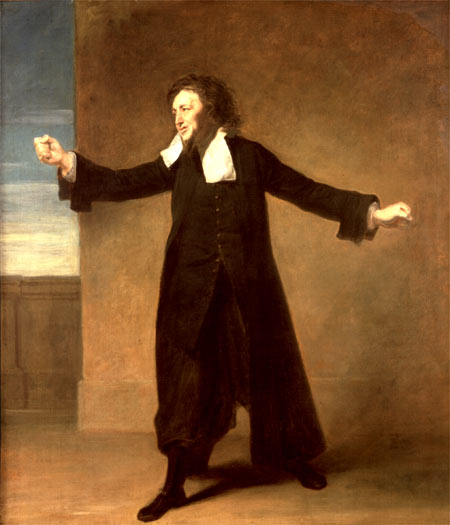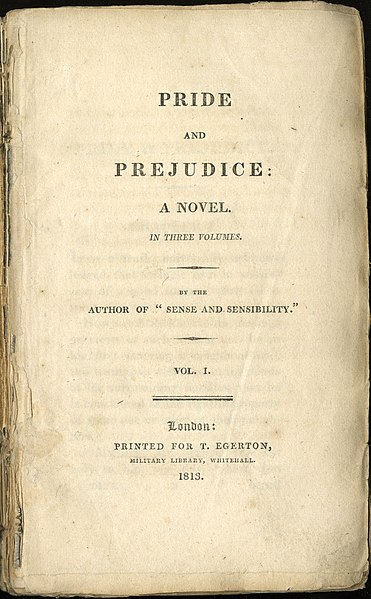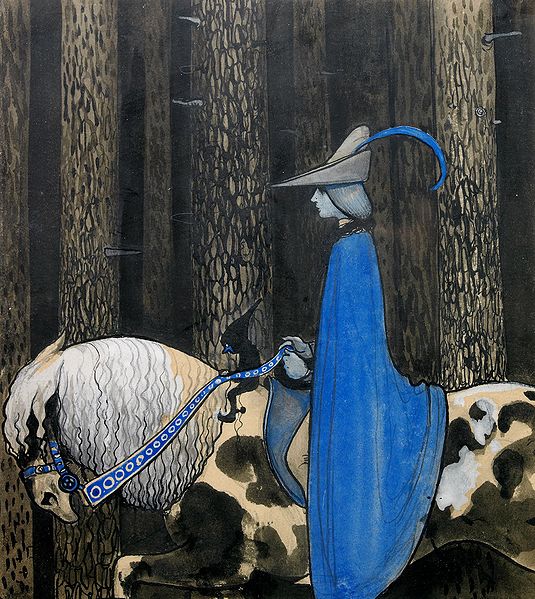“We
don't really market to libraries. We don't want readers to get the
idea that they don't have to pay for content.” – Representative
From a Publishing Company Which Shall Remain Unnamed
As I
write, I'm sitting at a table in the corner of the non-fiction
section of my local public library. My plan for today is to get lots
of writing accomplished, which means I need to get away from the
internet. Turning off my wireless at home doesn't always cut it; it's
too easy to turn it back on. So I need to be somewhere else. I need
to be at the library.
 |
| Then how are you posting right now, genius? |
While
preparing for my day, I remembered hearing the quote I posted above. I was at
a workshop hosted by a particular publishing house, listening to a
presentation meant to sell authors on why this company is the place
to be. Things were going along okay, until someone in the audience
asked what kind of penetration the company had with libraries, and
one of the publisher's representatives said … that.
It was
one of those moments when my jaw quite literally dropped. I couldn't
believe someone whose business is books could so casually brush aside
the entire concept of public libraries. We don't want readers to
get the idea that they don't have to pay for content.
Holy –
pardon my French – merde.
* * *
I've
been addicted to books from the beginning, and while my childhood
room had a little shelf crammed with many of my favorites, the
library was the primary supplier of my drug of choice. Every time my
mom took us there, I exchanged one heavy pile of books for another.
It was nothing for me to leave with five or ten or more. My parents
never could have afforded to purchase all the reading material I tore
through.
 |
| Fine, Baby Jesus. We'll read Goodnight Moon. Again. |
To be
sure, they bought me plenty of books over the years. For my birthday,
for Christmas, for just because. When in doubt, a book was always
(and still is) the perfect gift for me. Still, the sheer volume of
them I consumed... If I were to add up the cover prices of every book
I have read in my entire life to this point, the total would probably
sustain a small country for a year.
My first
act of scholastic misfitery happened in the fifth grade. Being the
top of the elementary heap, fifth graders were assigned various
responsibilities around school. I was put on the safety patrol, which
came with a neon orange sash and the power to enforce hallway rules
of orderly conduct. It was a prestigious position. Being the visible
face of authority is heady stuff for a ten-year old.
But it
wasn't good enough for me.
You see,
another position given to fifth graders at my school was that of
Library Helper. I was wildly jealous of my library-working peers. So
one day, my stomach roiling and palms sweating, I got up with my
Library Helper classmates when they left for their duties. I lied
right to Mrs. Anderson's face, and told her I'd been asked to be a
Library Helper, too. I slipped into the library with the rest of the
group, pulled an identification button from a basket, put it on...
and I was in. I was a Library Helper.
I must
have lied to the librarian to explain my presence, as well, since
fifth grade tasks had long since been assigned. Either that, or no
one was going to raise a stink about a rebellious act of
volunteerism. A friend showed me the ropes, and soon I was shelving
books, sorting media materials, and working circulation like a pro.
My
favorite task was processing new books. To reach into a cardbord box,
pull out a shiny new book, and be the first person ever to
open it was a rush like nothing else. Wielding a rubber stamp, I
branded each new book with the name of our school. There was a system
to it: Inside of the front cover, page five, page thirteen, etc.,
inside of the back cover. I carefully adhered the manila pocket that
held the circulation card for each book into the back cover, as well.
Then I prepared the card itself. I scribed the book's title across
the top of the card and, armed with one of those wonderful, heavy
stamps constructed of metal, with rolling gears and that satisfying
ka-chunk noise, I memorialized the date the book was
introduced into the library. Now it was ready to be released into the
library wilds, there to wait until a child picked it up and
discovered a new world. And I was part of this magnificent thing.
We
don't want readers to get the idea that they don't have to pay for
content.
* * *
A man
has taken the table beside mine. He's wearing a long-sleeved
chartreuse shirt and a bow tie. He seems to be dressed for work, and
I wonder if he's just passing the time here while waiting for a
business appointment. There's a pencil and a highlighter on the
table, too, so maybe he is at work, like me. A cup of
Starbucks is sitting at his elbow. Three paperbacks are on his table;
he's looking through one of them. He has a little laptop computer,
too. He spent some time on it, but now it's closed.
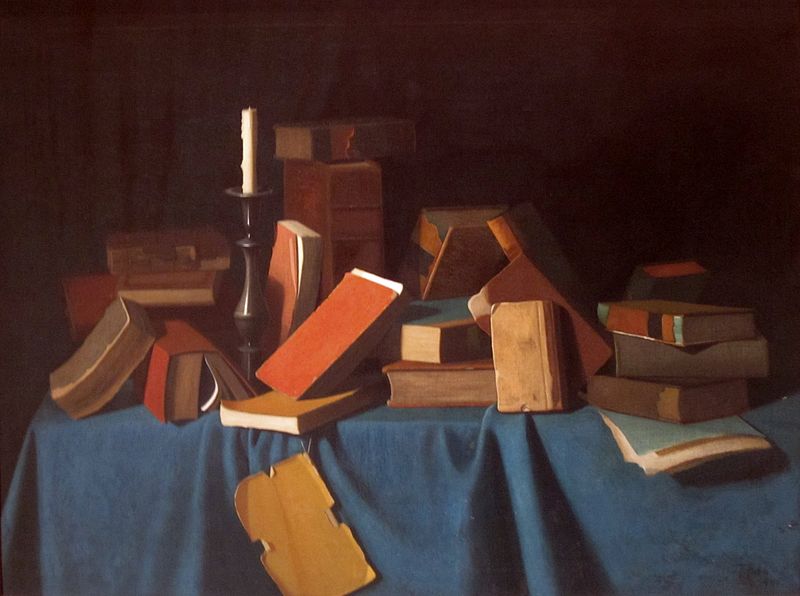 |
| And here's my table. |
Suddenly,
I'm wondering how many of us there are, officeless workers who make
the library our temporary base of operations on any given day.
Plenty
of writers like setting up camp in coffee shops, but that isn't
really my scene. Coffee shops are noisy, plus there's the
understanding that you should actually spend money there. It's rude
to take up space in a cafe without patronizing the business. And I
get that. I do. But the library doesn't want anything from me. No one
is going to give me a dirty look if I sit here for three hours
without making a purchase. If I need to stretch my legs, I can stroll
the stacks. If I'm thirsty, there's a water fountain.
When I
came to the library's website this morning to double-check the hours
of operation, I noticed the calendar of events in a sidebar. Several
times this month, there will be sessions offered to help members of
the community navigate through the new Insurance Marketplace. There
are computer literacy courses. A class on researching family history.
Star gazing parties. For the children, there are puppet shows, movie
days, story times.
The
library is part of the community. It doesn't just offer books to
anyone who wants to read, it helps the public lead richer, better
informed lives.
We
don't want readers to get the idea that they don't have to pay for
content.
* *
*
Creative
writers sometimes say they
don't write for the money. That's mostly
true. I would write no matter
what, whether or not another pair of eyeballs ever saw my words. I've
written for most of my life, but have only been published for one
year out of the … lots …
since I learned how to form letters. In the grand scheme of things,
my life as a published
novelist is a blip on the
screen. But the truth is,
I'm a writer who is trying to build a career as a published author.
And publishing is a business. That means I have to care about sales
and money and marketing and all sorts of stuff that has nothing to do
with the writing.
But
the point of being published, to me, is getting my work to readers.
It's sharing my stories with other people, and hopefully contributing
something meaningful to their lives. If
people get my books by purchasing them, wonderful. Awesome. Every
sale is humbling, and I am so, so grateful to each and every one of
you who has financially contributed to my fledgling career. But I'm
just as grateful to those who have told me, “I got your books
through my library.” To them, I have said, and will continue to say,
“Thanks for supporting your local library!”
I
love my readers, no matter how they find
my books. It's just as thrilling for me to see my books in the
catalogs of libraries all around the world as it is to see my sales
numbers slowly
increasing. Knowing that libraries carry my work is just amazing. I'm
right back in the fifth grade, reveling in being connected to
something as utterly fantastic as libraries.
 |
| King George, tear down those library doors! |
Public
libraries are one of the few truly democratic institutions in our
society. It is open to absolutely everyone. The knowledge inside
these walls is on offer to any person who cares to avail themselves
of it. Right this minute, there is more information packed inside
this building than the average person was ever exposed to over a
lifetime, just a few
generations ago. My library
isn’t particularly grand when compared to lots of other places, but
there are still more books here than I will ever read, and more
coming in all the time. It doesn't matter if you're a billionaire
or a nickelaire, the library
is yours to use.
There
have been times in my life of financial hardship, when I could not
afford to purchase books. No one here asks to see my bank statement
or last two pay stubs before letting me check out materials. Aren't
hard times like those precisely when we need libraries the most? With
nothing more than the trust that I'll bring them back again, I'm
permitted to take home as many books as I want. I get to escape my
troubles for a little while. The library has been an oasis when I desperately needed
one. It has given me more
enjoyment than any other institution I can name. How could I ever,
ever begrudge anyone
that same joy now that I'm part of the publishing industry?
So
when that person said,
“We don't want readers to get the idea that they don't have to pay
for content,” what I heard
was, “We don't want readers.” I scratched that company off the
list of publishers I would consider working with. I care about
readers. I want readers.
As
a reader, I will forever love the library for making it possible for
me to discover and experience
so many amazing books. And as an author, I will always champion
libraries. My novels
belong there, where anyone
who cares to read them can.






_-_TIMEA.jpg/800px-Cyprian_Boot-Shop_(1900)_-_TIMEA.jpg)





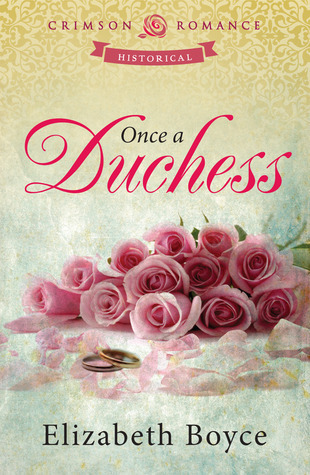

.jpg/800px-Detail,_Wall_Painting,_Old_Church_of_St._Mary_of_Zion,_Axum,_Ethiopia_(2866859800).jpg)
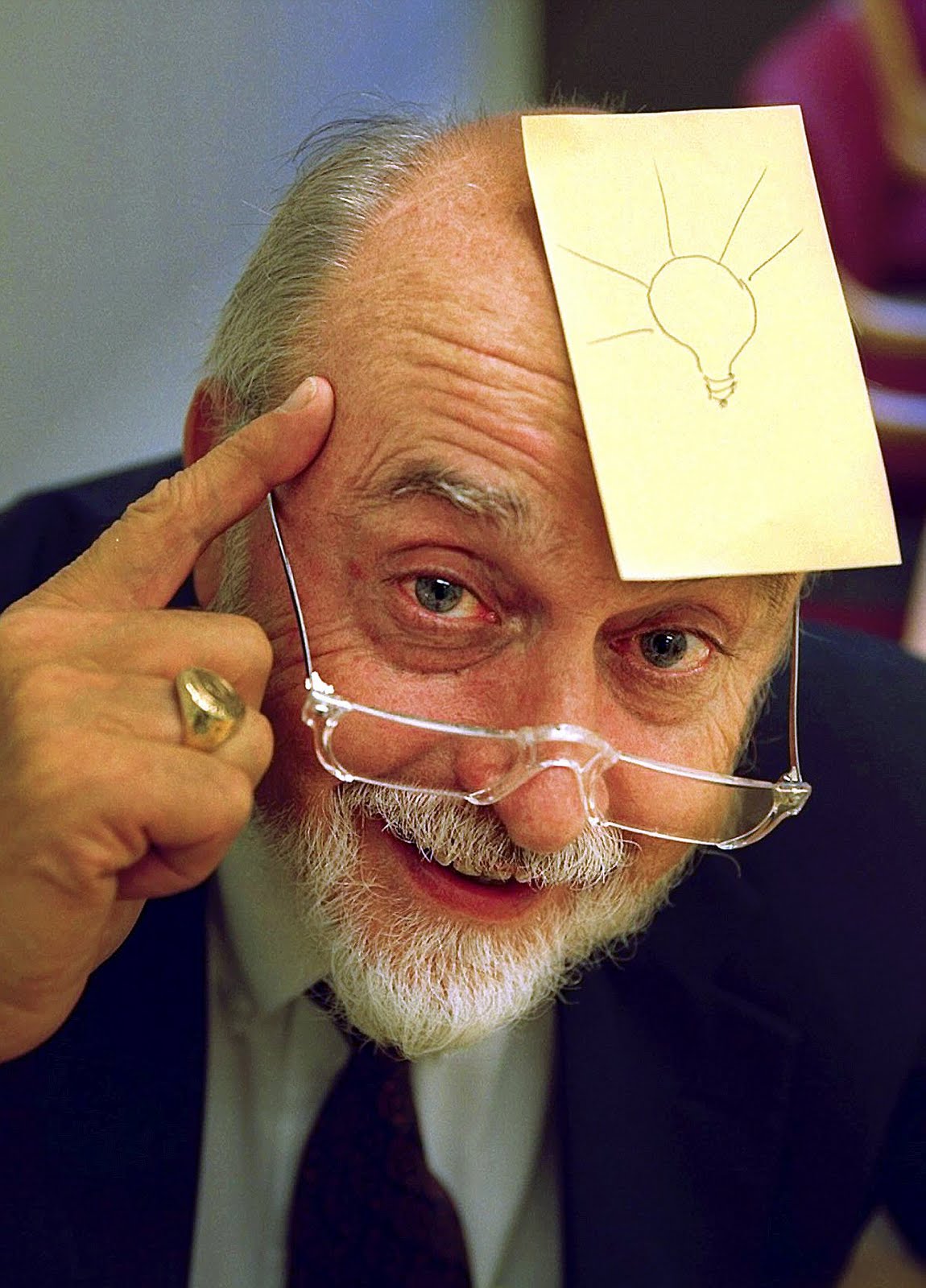

_&_Behles,_Edmund_(1841-1924)_-_n._2399_-_Disegno_tratto_da_un_affresco_pompeiano.jpg)




